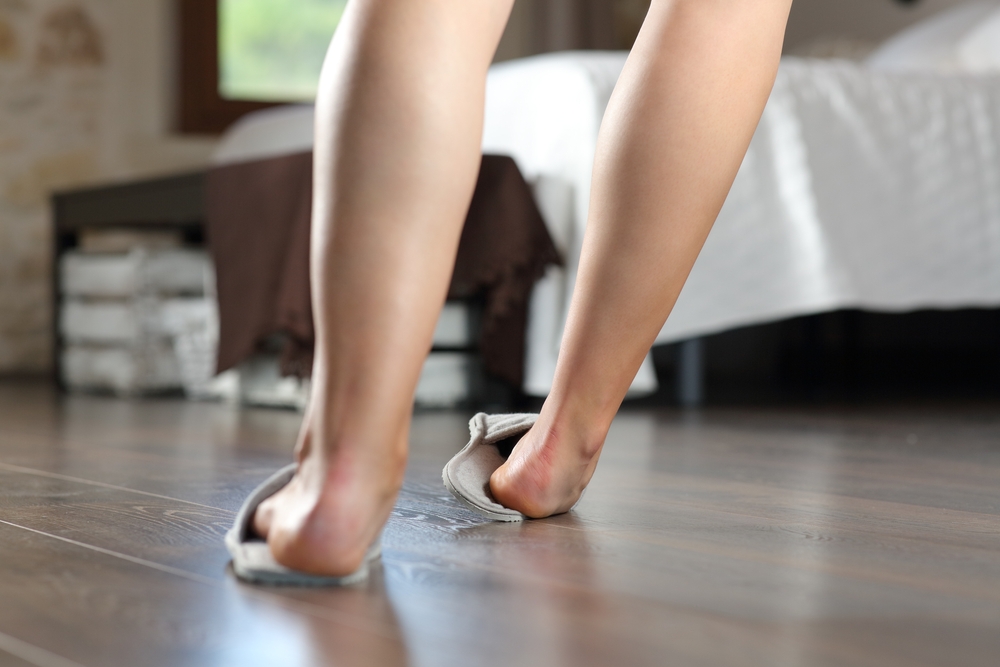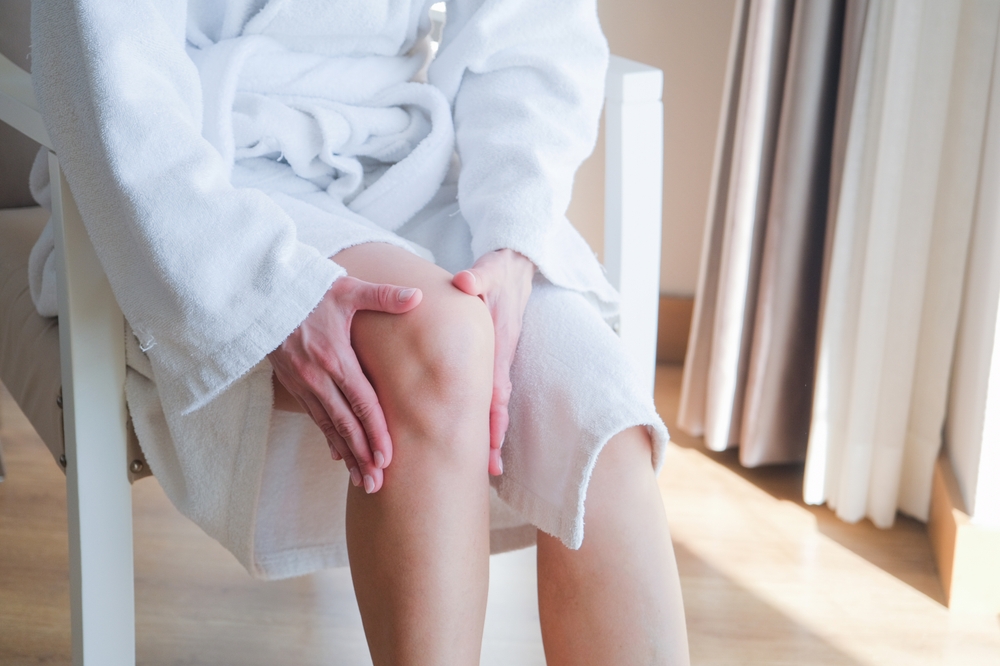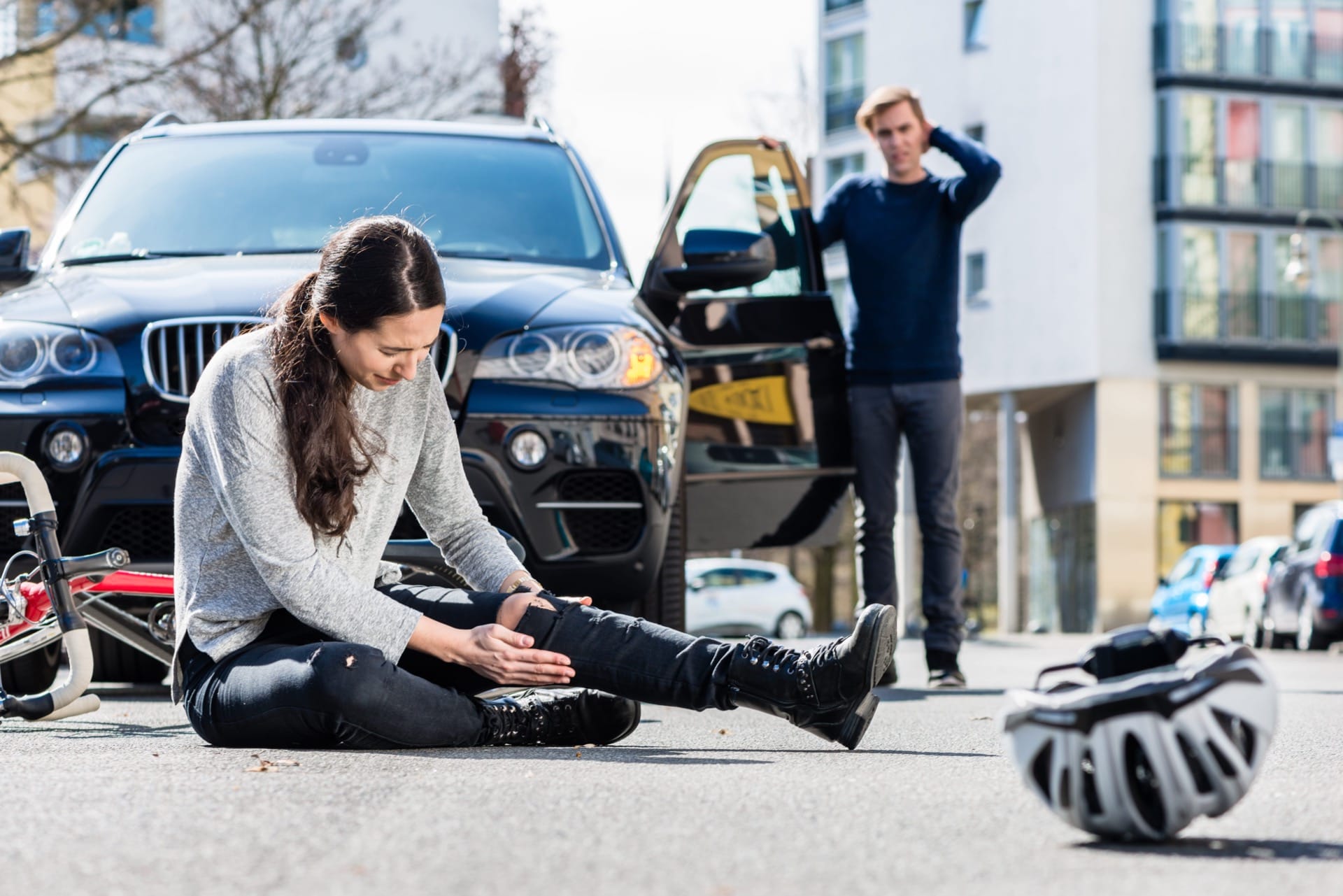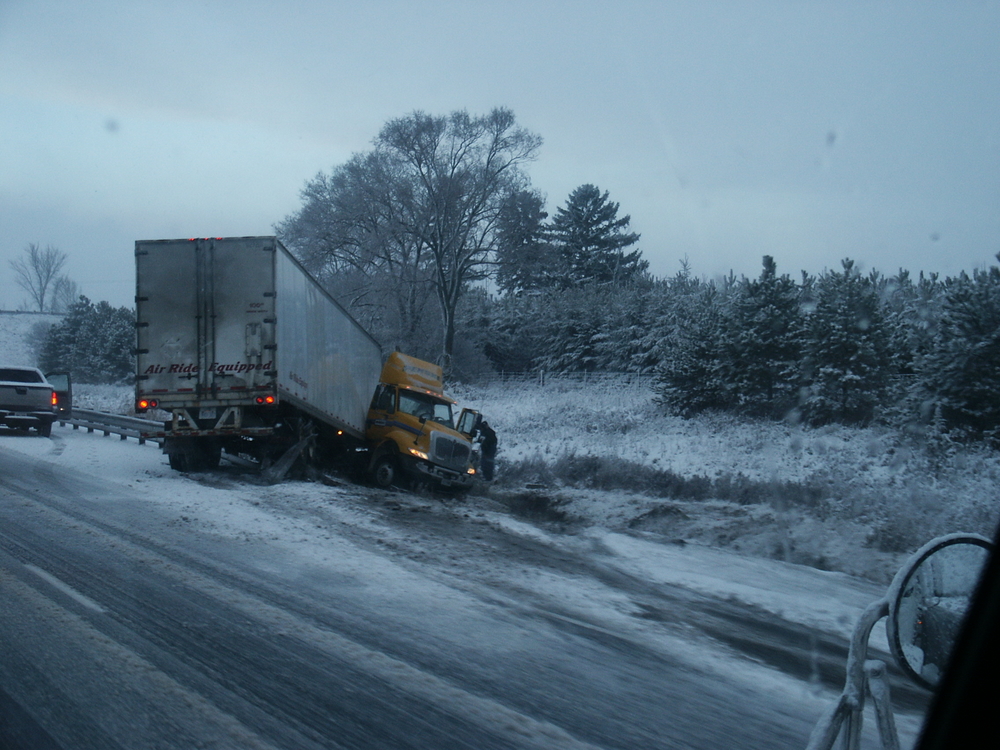Injured at a Hotel, Restaurant, or Airbnb? Know Your Rights

Written by Matthew Weidinger

If you get injured while staying at a hotel, dining at a restaurant, or using an Airbnb, you may have legal rights to compensation. Your ability to recover damages depends on proving negligence or unsafe conditions caused your injury. Knowing what steps to take and who is responsible can protect your interests.
Each situation has unique rules, but property owners and operators generally have a duty to maintain safe environments. Whether it’s a slip and fall, food poisoning, or unsafe accommodations, understanding your rights helps you act quickly and effectively if an injury occurs.
Understanding Liability in Hotels, Restaurants, and Airbnb
What Is Premises Liability?
Premises liability means property owners or occupiers can be held responsible for injuries caused by unsafe conditions on their property. This applies when they knew or should have known about a hazard and failed to fix or warn about it.
For hotels and restaurants, hazards might include wet floors, broken stairs, or poor lighting. Airbnb hosts can also be liable if their rental has dangerous conditions like exposed wiring or unstable furniture. You must prove the owner had a duty to maintain a safe environment, that they breached that duty, and that the breach caused your injury.
Legal Responsibilities of Owners and Operators
Hotel and restaurant operators must regularly inspect and maintain their properties. They need to fix hazards promptly and warn guests about potential dangers. Failure to do so can lead to liability for injuries.
Airbnb hosts have similar duties, but liability can be more complex. Hosts are responsible for any unsafe conditions on their rental property. However, determining legal responsibility might require examining the level of control the host had over the property and whether reasonable care was taken. You should document conditions and communicate clearly after an injury for possible claims.
Essential Steps to Protect Your Rights After an Injury
Immediate Actions to Take
First, prioritize your health by seeking medical attention, even if injuries seem minor. Prompt treatment documents your condition and establishes a medical record. If the injury poses an immediate danger, call emergency services or ask someone nearby to help. Avoid moving items or cleaning up the scene, as this can destroy important evidence.
Record details about the incident before leaving the premises, including date, time, location, and how the injury happened. If there are witnesses, ask for their names and contact information.
Gathering Evidence and Documentation
Collect as much evidence as possible. Take clear photos or videos of the injury, hazardous condition, and surrounding area from multiple angles. Keep all related documents, such as medical reports, bills, receipts, and any communication with property owners or staff. This documentation supports your claim and tracks your expenses.
Write down your account of the event as soon as possible while details are fresh. Include descriptions of staff behavior, safety warnings (or lack thereof), and any responses from management.
Notifying Management and Authorities
Report the injury immediately to the hotel, restaurant, or Airbnb host. Make sure to do this in writing—email or written note works best—and keep a copy.
If applicable, contact local health or safety authorities to file an official complaint. This may trigger inspections or enforcement actions beneficial to your case.
Keep records of all communications with the property owner, staff, and other involved parties. Documentation of your notification ensures the business cannot claim ignorance of your injury later.
Legal Process and Overcoming Common Challenges
Navigating Legal Procedures
When you are injured on someone else’s property, the legal process often begins with documenting your injuries and the circumstances. You must file a formal claim promptly to meet deadlines, known as statutes of limitations.
Your next step usually involves gathering evidence such as photos, witness statements, and medical records. This helps build a strong case by proving negligence or liability.
Negotiations with insurance companies or property owners follow. These require careful communication to avoid undervaluing your claim. Knowing when to accept a settlement or escalate to litigation is key to securing fair compensation.
Role of Smith & Weidinger PLLC
Smith & Weidinger PLLC specializes in personal injury cases involving hotels, restaurants, and Airbnb properties. We guide you through every stage, from claim preparation to settlement or trial. Our expertise includes assessing damages, negotiating with insurers, and handling complex liability issues. We also protect your rights if the property owner disputes responsibility.
By working with Smith & Weidinger PLLC, you gain access to legal advice tailored to your situation. This reduces your burden and enhances your chances of a favorable outcome.

Addressing Legal Obstacles
Common challenges include proving liability when the property owner denies fault or when evidence is limited. You may also face insurance companies attempting lowball offers to minimize payouts.
To overcome these hurdles, you must maintain detailed records and seek professional legal support early. Expert attorneys can uncover overlooked evidence and counter defense strategies.
Another challenge is dealing with comparative fault rules, where your compensation may be reduced if you share some responsibility for the injury. Legal counsel helps determine the best approach to argue your case within these rules.
Potential Compensation for Injury Victims
If you are injured at a hotel, restaurant, or Airbnb, you may be entitled to compensation for your damages. This can include medical expenses, lost wages, and pain and suffering. Your compensation might cover:
- Medical bills: Hospital stays, treatments, medication, and rehabilitation.
- Lost income: Wages lost due to inability to work.
- Emotional distress: Compensation for mental anguish caused by the injury.
In cases involving property owners like hotels or Airbnb hosts, you might claim compensation if negligence caused your injury. For example, unsafe conditions such as wet floors, faulty stairs, or a lack of security can be grounds for a claim.
Restaurants may be responsible if you are hurt due to issues like slippery floors, hot liquids, or unsafe furniture. Your compensation could include costs related to these incidents. You may also seek punitive damages if the responsible party’s conduct was grossly negligent or reckless, though this is less common.
The exact amount depends on the severity of your injury, evidence of negligence, and how the injury impacts your life. It’s important to document everything and keep receipts of your expenses.
Consulting a legal expert can help you understand your rights and maximize your compensation potential.
Note: The information provided in this blog post has been compiled from publicly available and secondary sources. While we strive for accuracy, some details may become outdated or contain inadvertent errors. If you believe any information is incorrect or requires updating, please contact Smith & Weidinger so that we may review and make the appropriate corrections.
Disclaimer: This blog post is for informational purposes only and is not intended as a solicitation for business. The photo used is not from the scene of the incident described. Viewing this content does not create an attorney-client relationship with Smith & Weidinger. If you have been injured in an accident, please seek immediate medical attention and then consult with a qualified attorney to discuss your legal rights and options.










